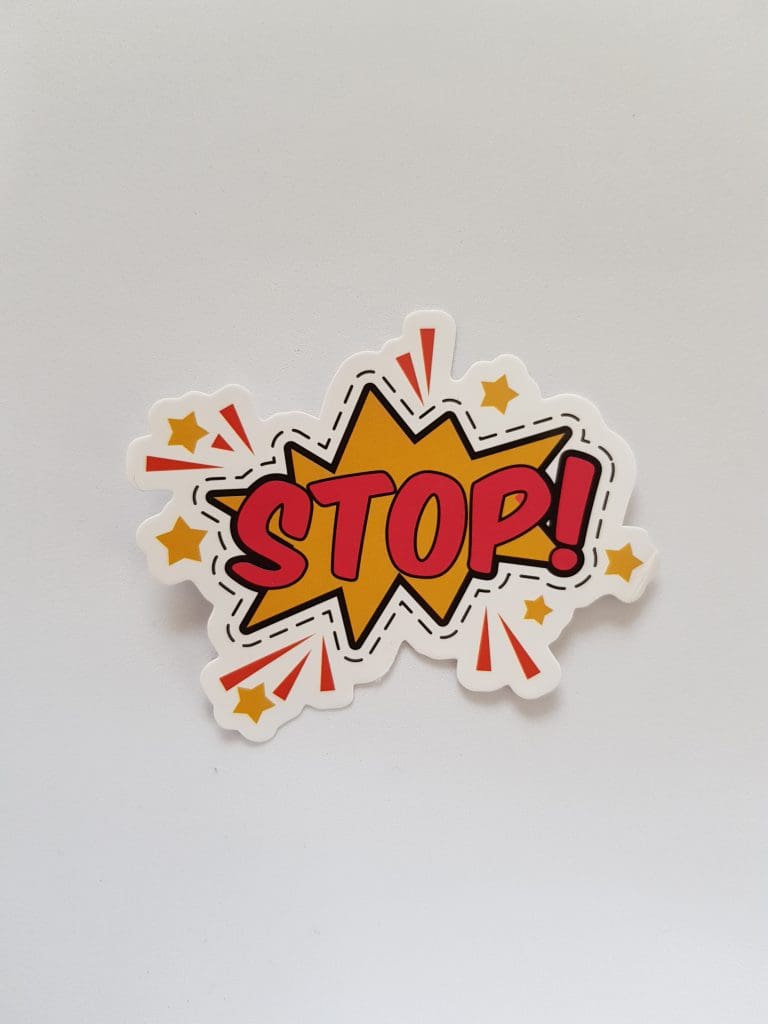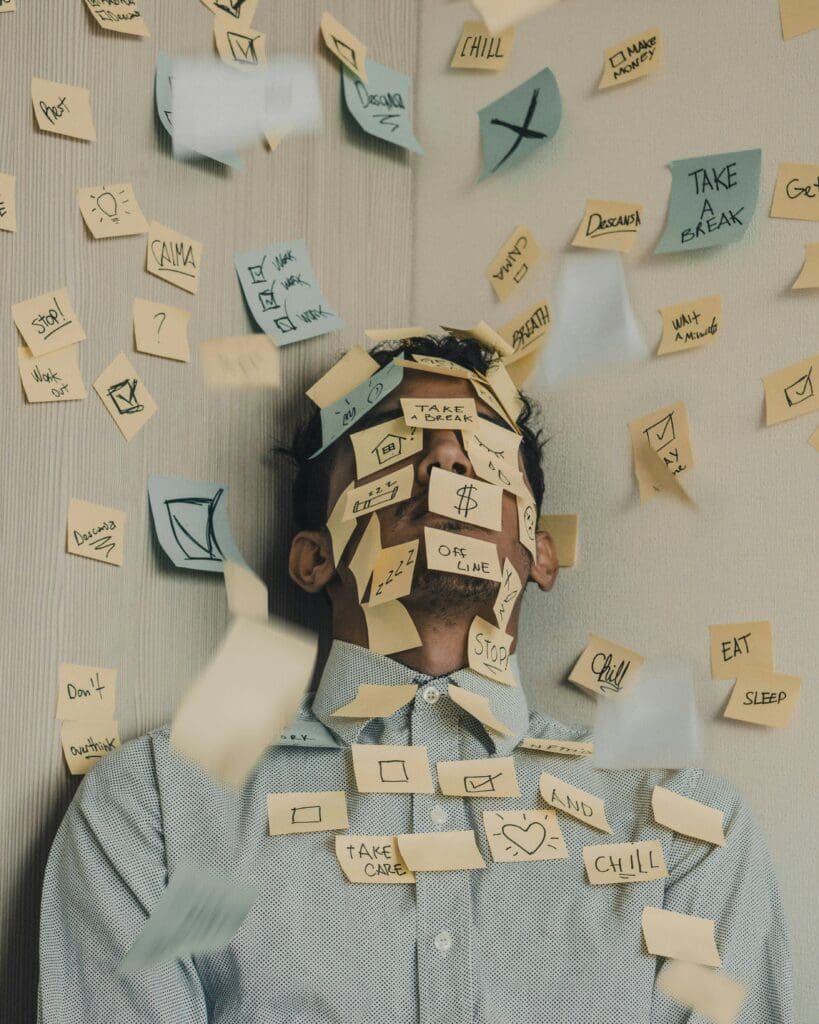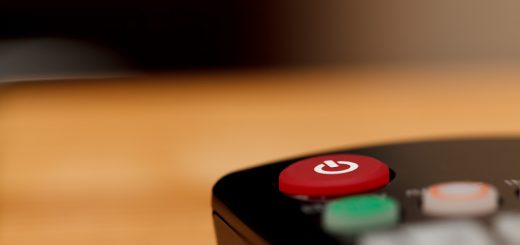Stress and Anxiety with Dr. Krystal Lewis
Stress and anxiety are terms we hear a lot in our daily lives, especially while living through such extreme circumstances, like the current pandemic, but how often do we see these topics broken down in a helpful way? In a 30-minute talk presented by the National Institute of Mental Health (NIMH), Dr. Krystal Lewis, a licensed clinical psychologist, explains where stress and anxiety come from and some coping strategies.
Dr. Lewis begins by explaining the difference between stress and anxiety. Stress is your body’s response to an external cause and can be both good and bad. Stress in small doses is healthy and could help productivity or make you feel excited about something, but stress becomes bad when the impact is negative. Anxiety is when your body responds to stress, even without an external cause. Symptoms of anxiety range from mental (feelings of worry, inability to relax) to physical (headaches, muscle tension, difficulty sleeping).
Coping with anxiety can be challenging and often people try to help by saying things like “don’t worry, it will be okay.” While the sentiment is usually coming from a place of care, anxiety isn’t like a switch that can be flipped off. Dr. Lewis offers some practical advice for dealing with stress and anxiety, specifically during the COVID-19 pandemic. She recommends avoiding behaviors that could further the anxiety, like social isolation, excessive news-watching, or overeating. Next she suggests getting a routine established in order to provide normalcy. When so many of us are working, going to school, and socializing all within our homes, it is important to have habits that add structure back into your day.

Dr. Lewis explains, “once you’re aware of the anxiety, you can do certain things to disrupt the worrying and the anxious feelings that you experience. This means you can challenge anxious or irrational thoughts by reframing your worries… So you have a deadline, and you’re stressed about it. Instead of saying to yourself, ‘I should have already done this. They’ll think I’m incompetent. I can’t do anything right,’ catch yourself. [Instead] you can say, ‘I’m doing the best that I can. No one is perfect. Sometimes things might be late right now, and that’s okay’”.
Another helpful strategy is to take mini-breaks throughout the day and detach from the continual pressure of our normal routines. These can be moments of escape (watching a funny video, calling a loved one) or they can be moments of mindfulness (meditation, deep breathing, stretching). Lastly, Dr. Lewis explains how important it can be to ask for help. It’s okay to need support and it’s okay to say that you can’t solve all your own problems alone. Asking a friend, colleague, or family member is a great place to start, but if these problems cannot be solved or coping strategies are not helping, it can be a great idea to reach out to a professional.
We all struggle sometimes and fighting off stress and anxiety can be even harder than normal right now. Being gentle with ourselves and taking the time to cope with stress and anxiety are more important than ever.
Are you able to tell the difference between your stress versus your anxiety? What do you do to cope – especially this past year – when your anxiety acts up?





Recent Comments